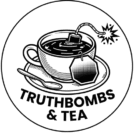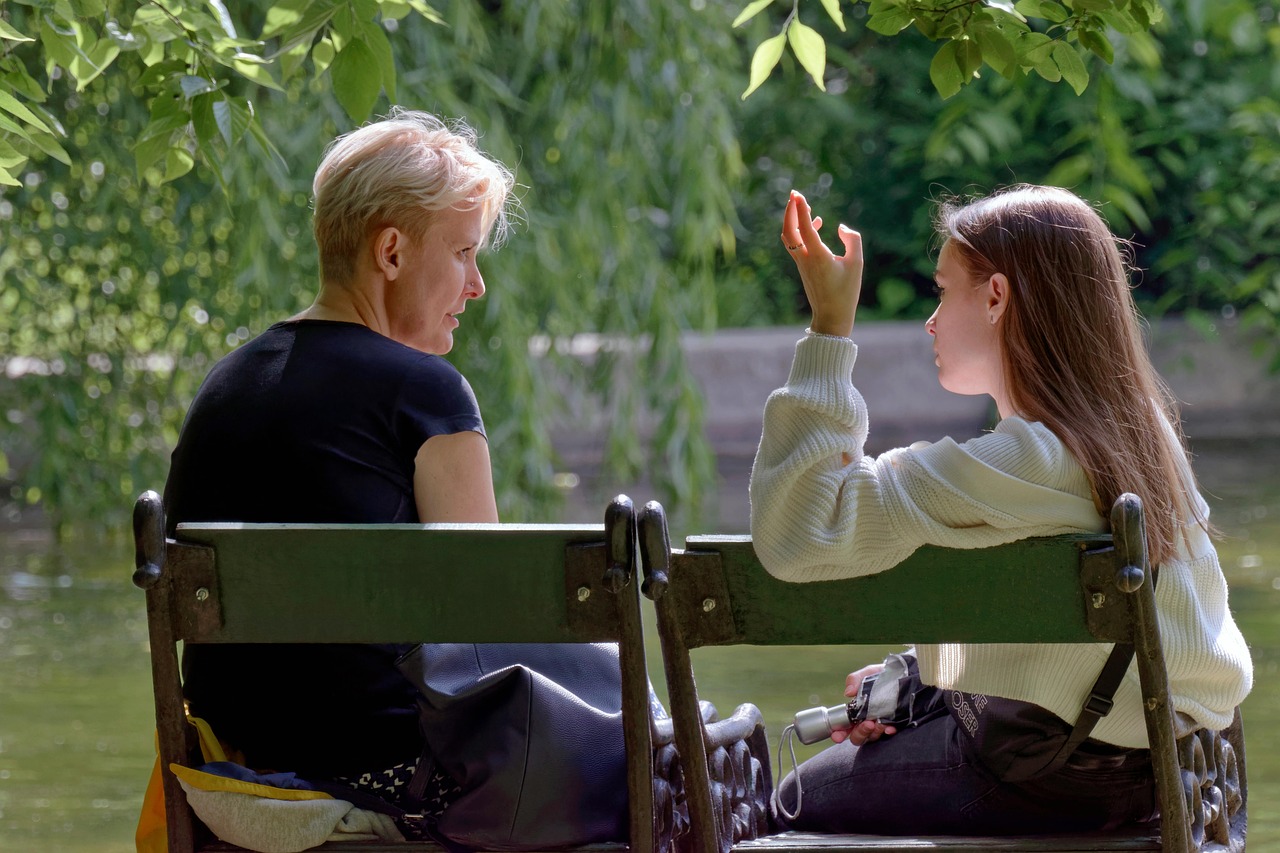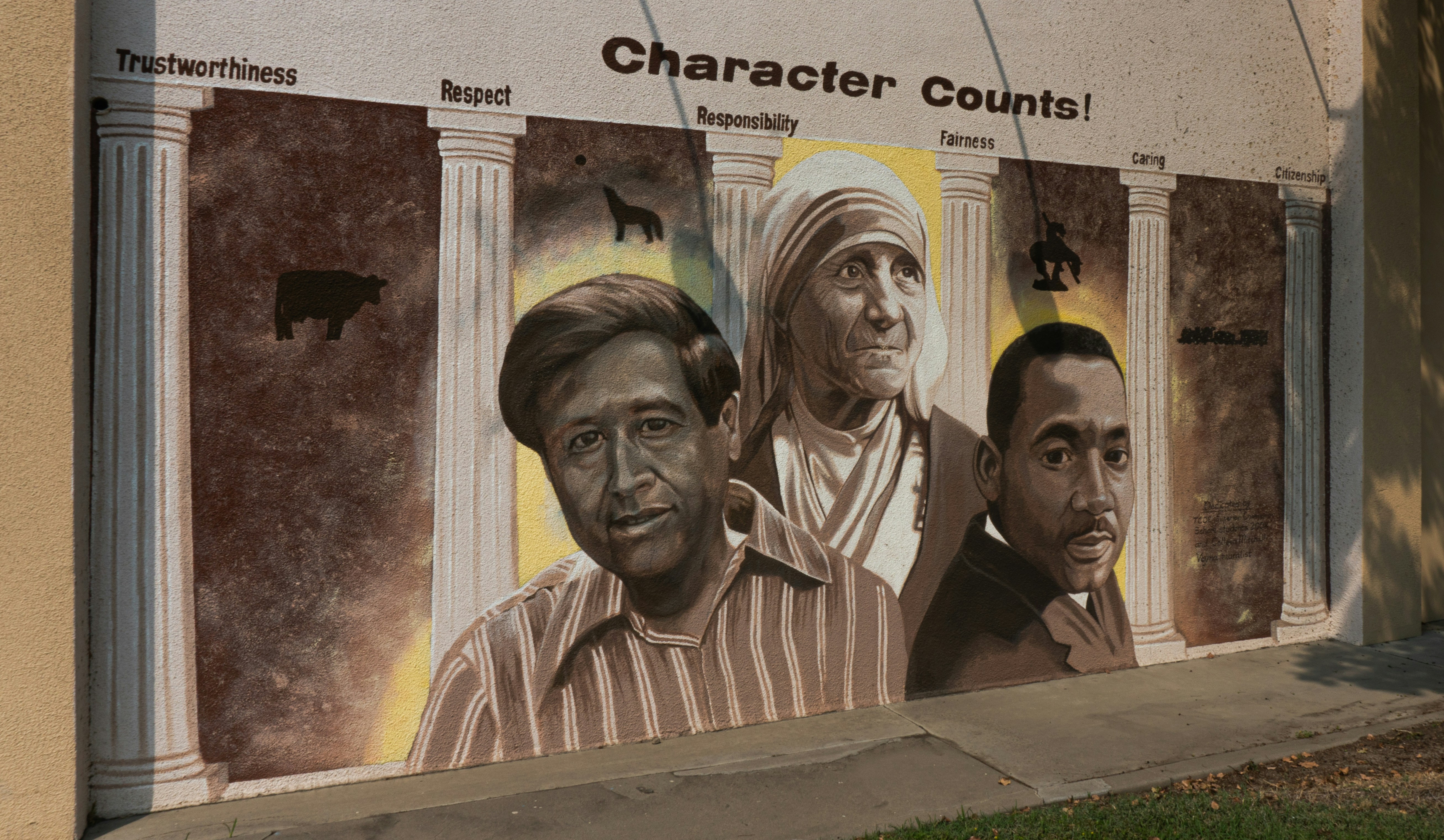Building self awareness is a skill that can be developed through deliberate practice. Here’s your roadmap to becoming someone who actually understands themselves; in other words, how to become more self aware. If you haven’t read my previous post about what self awareness really is and why it is so important then check that one out HERE.
Self awareness is the foundation of all successful relationships (THE most important one is the relationship you have with yourself). It not only allows for deeper, more authentic relationships with others but it also increases your mental, emotional, physical and spiritual health! So without any further ado, here are the steps to become more self aware.
Step 1: Clarify What You Value
Before you can understand your behaviour, you need to identify what actually matters to you – not what you think should matter or what others expect to matter.
Action Items:
*List your top 10 values (honesty, creativity, security, adventure, etc.)
*Narrow them down to your top 5 core values.
*For each value, write a specific example of how it shows up in your life.
*Identify where your current actions align or conflict with these values.
Reality Check: If there’s a big gap between your stated values and your actual behaviour, you’ve found your first area for deeper exploration.
Step 2: Practice Mindful Self-Observation
Instead of analysing why you do things, focus on noticing what you do, think, and feel in real-time. This requires developing an “observer self” that can step back and watch your mental and emotional processes without judgment.
Daily Practices:
*Set random phone alarms 3-4 times per day.
*When they go off, pause and notice: What am I thinking right now? What am I feeling? What’s my energy level?
*Keep a brief log of these observations for one week.
*Look for patterns in your thoughts, emotions, and energy throughout the day.
The Key: Don’t try to change anything yet – just observe. You can’t manage what you don’t measure.
Step 3: Ask Better Questions
Replace “why” questions with “what” questions to get clearer insights:
Instead of: “Why did I get so angry?” Ask: “What specifically triggered my anger? What was I thinking right before I got angry? What did I need in that moment that I wasn’t getting?”
Instead of: “Why do I always procrastinate?” Ask: “What tasks do I avoid? What thoughts or feelings come up when I think about starting? What conditions help me take action?”
Weekly Reflection Questions:
*What patterns did I notice in my behaviour this week?
*What situations consistently trigger strong emotional reactions?
*What activities energize me vs. drain me?
*When did I feel most like myself this week?
Need deeper, more thought-provoking questions? Check out The Truthbombs Life Journal – designed specifically to cut through surface-level thinking with powerful questions and insights from brilliant minds who’ve mastered the art of self-discovery.
Step 4: Gather External Feedback
Your self-perception is just one data point. To build external self awareness, you need honest feedback from people who interact with you regularly.
Feedback Collection Methods:
360-Degree Feedback: Ask 5-7 people (colleagues, friends, family members) to rate you on specific behaviours and provide examples. Focus on:
*Communication style
*Emotional reactions under stress
*Strengths and areas for improvement
*How your behaviour affects others
The Feedback Rules:
*Ask specific questions rather than general ones.
*Listen without defending or explaining.
*Thank people for their honesty.
*Look for patterns across multiple responses.
Regular Check-ins: Schedule monthly conversations with trusted friends or mentors specifically to discuss your blind spots and growth areas.
Step 5: Track Your Emotional Patterns
Emotions are information about your internal state and external environment. Learning to read this data accurately is crucial for self awareness.
Emotion Tracking Method:
*Use a simple 1-10 scale for energy and mood twice daily.
*Note what situations, people, or thoughts preceded strong emotional reactions.
*Identify your emotional triggers and patterns.
*Track how different activities, foods, sleep patterns, etc. affect your emotional state.
The Goal: Develop emotional literacy – the ability to identify and name your emotions accurately as they occur.
Step 6: Examine Your Stories and Beliefs
We all carry narratives about ourselves that may or may not be accurate. These stories shape our behaviour and limit our possibilities.
Story Examination Process:
*Identify limiting beliefs about yourself (“I’m not good with people,” “I’m not creative,” “I always mess up presentations”).
*Ask: Where did this belief come from? What evidence supports it? What evidence contradicts it?
*Test your assumptions by trying new behaviours or seeking new experiences.
*Rewrite limiting stories based on current evidence rather than past experiences.
Want quotes and questions that challenge your deepest assumptions about yourself? The Truthbombs Life Journal combines wisdom from history’s greatest thinkers with questions designed to shatter limiting beliefs and reveal who you really are.
Step 7: Understand Your Behavioral Patterns
Self awareness includes recognizing your default responses and behavioural patterns, especially under stress or pressure.
Pattern Recognition Exercise:
*Identify your top 3 stress responses (withdrawal, anger, people-pleasing, etc.)
*Notice your default problem-solving approaches.
*Recognize your communication patterns in different relationships.
*Observe how you handle conflict, criticism, and change.
The Payoff: When you understand your patterns, you can choose whether to continue them or develop new responses.
Step 8: Create Self-Awareness Accountability
Building self awareness is easier with support and accountability from others who are also committed to personal growth.
Accountability Options:
*Join or create a personal development group.
*Work with a coach or therapist focused on self awareness.
*Find an accountability partner for weekly self-reflection discussions.
*Use self awareness apps or journals to track your progress.
Speaking of journals, The Truthbombs Life Journal isn’t your typical gratitude journal filled with surface-level prompts. It’s packed with thought-provoking quotes from both famous philosophers and everyday truth-tellers, plus questions that will make you squirm a little (in the best way) as they guide you toward genuine self-discovery.
(Brown, B. (2010). The Gifts of Imperfection: Let Go of Who You Think You’re Supposed to Be and Embrace Who You Are)
Common Self Awareness Mistakes To Avoid
Over-Analysis Paralysis – Some people get so caught up in analysing themselves that they forget to actually live their lives. Self awareness should lead to better action, not endless navel-gazing.
The Perfectionism Trap – Self awareness isn’t about becoming perfect – it’s about becoming authentic. Embracing your flaws and limitations is part of the process, not something to fix.
Ignoring External Feedback – Your internal experience is valid, but it’s not the whole picture. People who only rely on self-reflection often develop blind spots that external feedback could help illuminate.
Using Self Awareness as Self-Judgment – The goal isn’t to beat yourself up for your shortcomings – it’s to understand them so you can work with them more effectively.
Building Your Self Awareness Practice
Self awareness isn’t a destination – it’s an ongoing practice. Like physical fitness, it requires consistent attention and effort to maintain and improve.
Start Small: Choose 2-3 practices from the steps above and commit to them for 30 days before adding more.
Be Patient: Real self awareness develops over time. You’re rewiring decades of unconscious patterns, which doesn’t happen overnight.
Stay Curious: Approach yourself with the same curiosity you’d have about an interesting stranger. Judgment kills self awareness faster than anything else.
Celebrate Progress: Notice and acknowledge when you catch yourself in real-time or make conscious choices based on self-knowledge.
The journey to self awareness isn’t always comfortable – you’ll discover things about yourself that you might not love. But here’s the thing: you can’t change what you don’t acknowledge, and you can’t grow beyond patterns you don’t recognize.
Self awareness is your superpower in a world full of people who are essentially sleepwalking through their lives. When you truly know yourself – your triggers, your strengths, your values, your blind spots – you become someone who can navigate life with intention rather than just reacting to whatever happens next.
READY TO EMRACE YOUR SELF AWARENESS?
If you’re serious about developing real self awareness (not just the Instagram-quote version), The Truthbombs Life Journal is designed to be your honest companion on this journey. It combines profound quotes from brilliant minds with questions that cut straight to the core of who you are – no fluff, no easy answers, just the kind of insights that create real transformation.
The question isn’t whether you can afford to develop self awareness. The question is whether you can afford not to.
(Harris, R. (2008). The Happiness Trap: How to Stop Struggling and Start Living)



